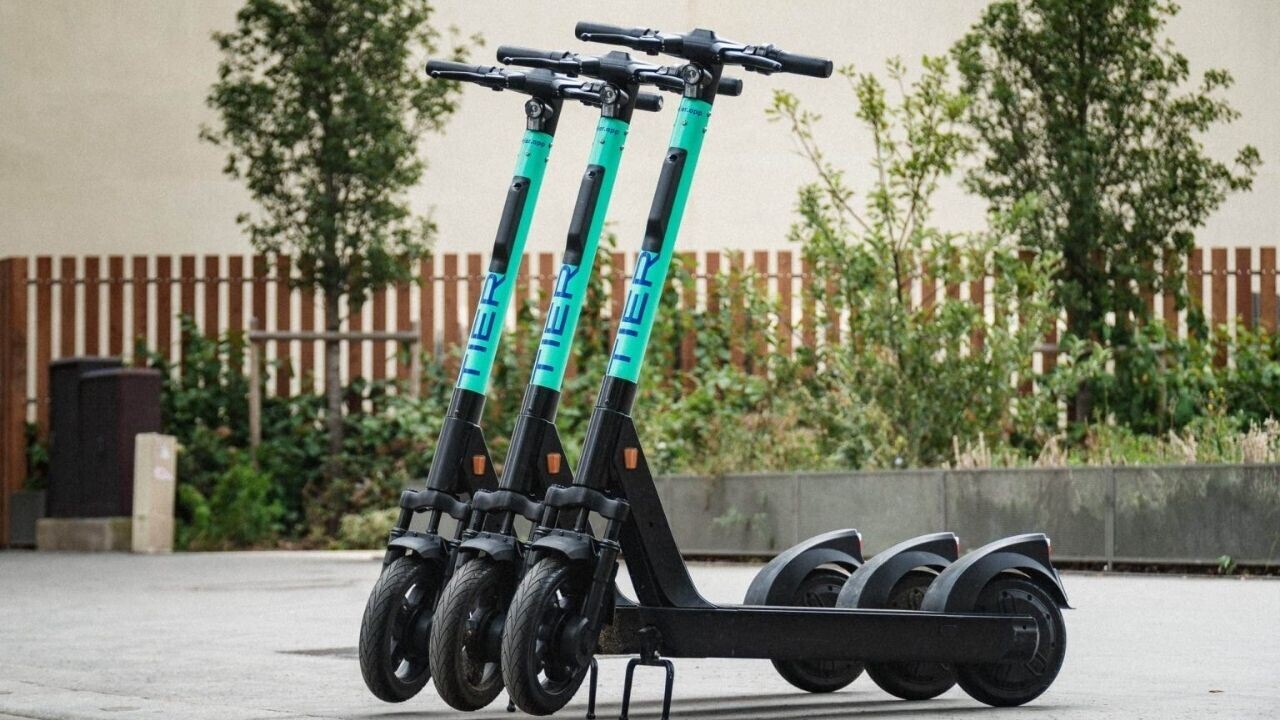
This article was originally published by Christopher Carey on Cities Today, the leading news platform on urban mobility and innovation, reaching an international audience of city leaders. For the latest updates, follow Cities Today on Twitter, Facebook, LinkedIn, Instagram, and YouTube, or sign up for Cities Today News.
Micromobility firm TIER has announced a new partnership that gives ageing electric lithium batteries a second life.
Partnering with German start-up Vertical Values, the firm will repair and upcycle defective batteries from electric scooters and assemble still-useable cells into new batteries.
Lithium batteries are prime targets for upcycling as they are typically decommissioned from their first life when they start to fall short of their promised range — despite still holding 70-80 percent of their original charge.
Ailin Huang, Head of Sustainability at TIER, said: “We are delighted to work with Vertical Values to extend the lifespan of escooter batteries and have a new partner who can help make our light electric vehicles even more environmentally friendly.”
“We always first prioritize reuse over recycling according to circular economy principles.”
“Next to the escooter as a whole, the batteries hold the biggest opportunity for reuse as they still have over 80 percent of their capacity even after several hundred charging cycles. So, it’s absolutely critical that we scale up the reuse of batteries.”
Upcycling
Used EV batteries are typically made up of hundreds of lithium-ion battery cells that have all aged differently, and like in a link chain, the weakest element typically defines the capability of the entire system.
Vertical Values repairs the defective escooter batteries and extracts the cells from broken escooter batteries. Each extracted cell is evaluated individually to determine its SoH (State of Health). Once the cells are properly tested, they are sorted and then repurposed and turned into new products.
The micromobility firm says it wants to tackle the environmental burden that the mining of raw materials for the production of lithium-ion batteries presents, and comes amid a shortage of the commodity.
In 2021, TIER announced a partnership with Northvolt, a supplier of sustainable, high-quality battery cells and systems, to improve the environmental impact of the batteries used for electric-powered vehicles.
Get the TNW newsletter
Get the most important tech news in your inbox each week.





